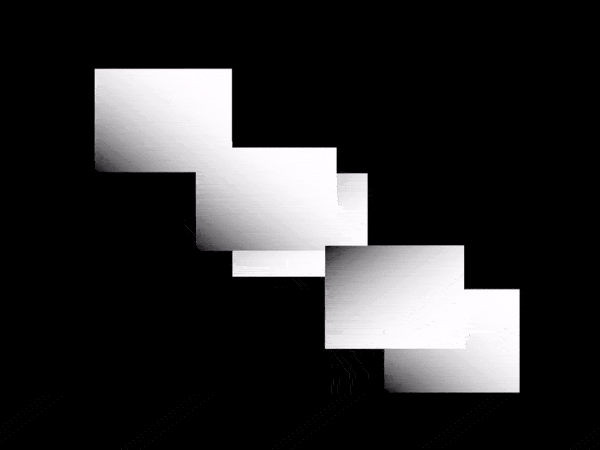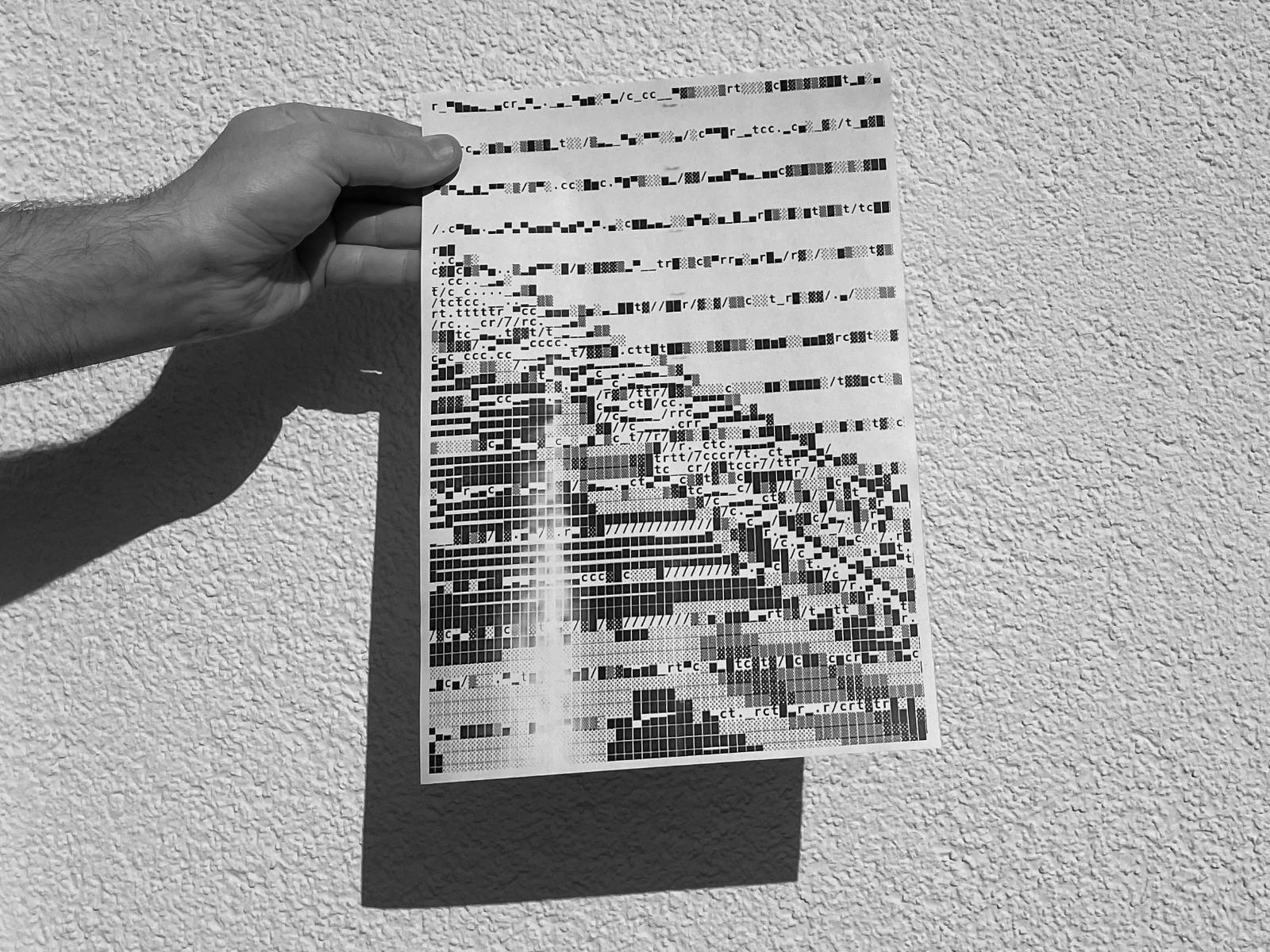Meandering Thoughts on “Low Technology”
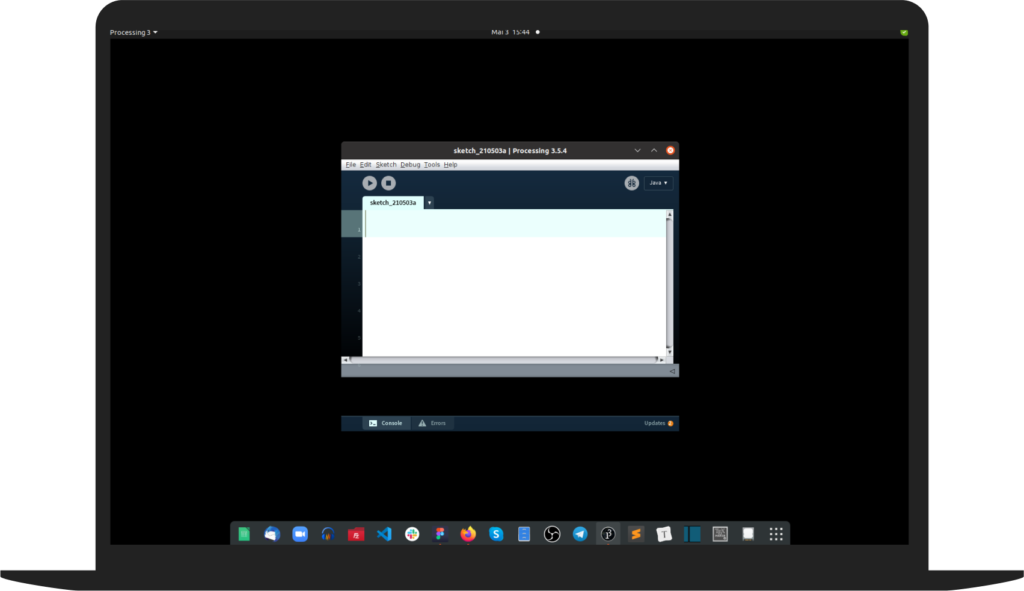
Intro
A few years ago, I received an old Macbook Air from 2011 as a gift from my mother. It was basically useless because the operating system could no longer be upgraded and important applications such as the web browser no longer worked. At first I thought the device was just a piece of junk. But then I thought it was a real pity and started thinking about how I could rescue it.
I found a way: the trick was to install an open source operating system. There are a lot of them out there, and I picked “Ubuntu” because it is very similar to the user interface and functionality of Mac OS. Admittedly, the installation was a bit of an edgy experience, I had to record a USB stick with a huge file and then restart the MacBook with a special key combination to boot it from this stick. But after adding a few extra programs, I had a fully functional computer on my desk that didn’t cost me a penny. I was absolutely thrilled.
Paradigm shift
This experience flipped a switch in me and I immediately started browsing blogs about Linux, open source software and Hackernews.com. One day I came across an article on lowtechmagazine.com in which the Belgian journalist Kris de Decker reports how he has stopped buying new computers for more than 10 years and works exclusively on old IBM Thinkpads. The vintage models, which can be bought second-hand on the Internet for little money, are still so stable and modular that they can be repaired quite easily (link).

With the discovery of this blog, I have found a cosmos of threads that should keep me busy and excided for the next few years. There was the following problem: I had previously read a number of books that shed light on the whole mess of technologization from all sides and which ultimately only allowed one conclusion: We’re screwed. But I didn’t want to accept that. I think it’s much easier to say that we’re screwed than to make constructive proposals, even if they only work on a small scale for the time being and/or are accompanied by sacrifices and limitations. And that’s exactly what Kris de Decker, who has been writing critically and constructively about technology for 17 years, does. “Low Tech Solutions” for “High Tech Problems”. The spectrum of topics is closely linked to post-growth-ideas. De Decker proposes solutions as to what a life with simpler technology could look like in practice.
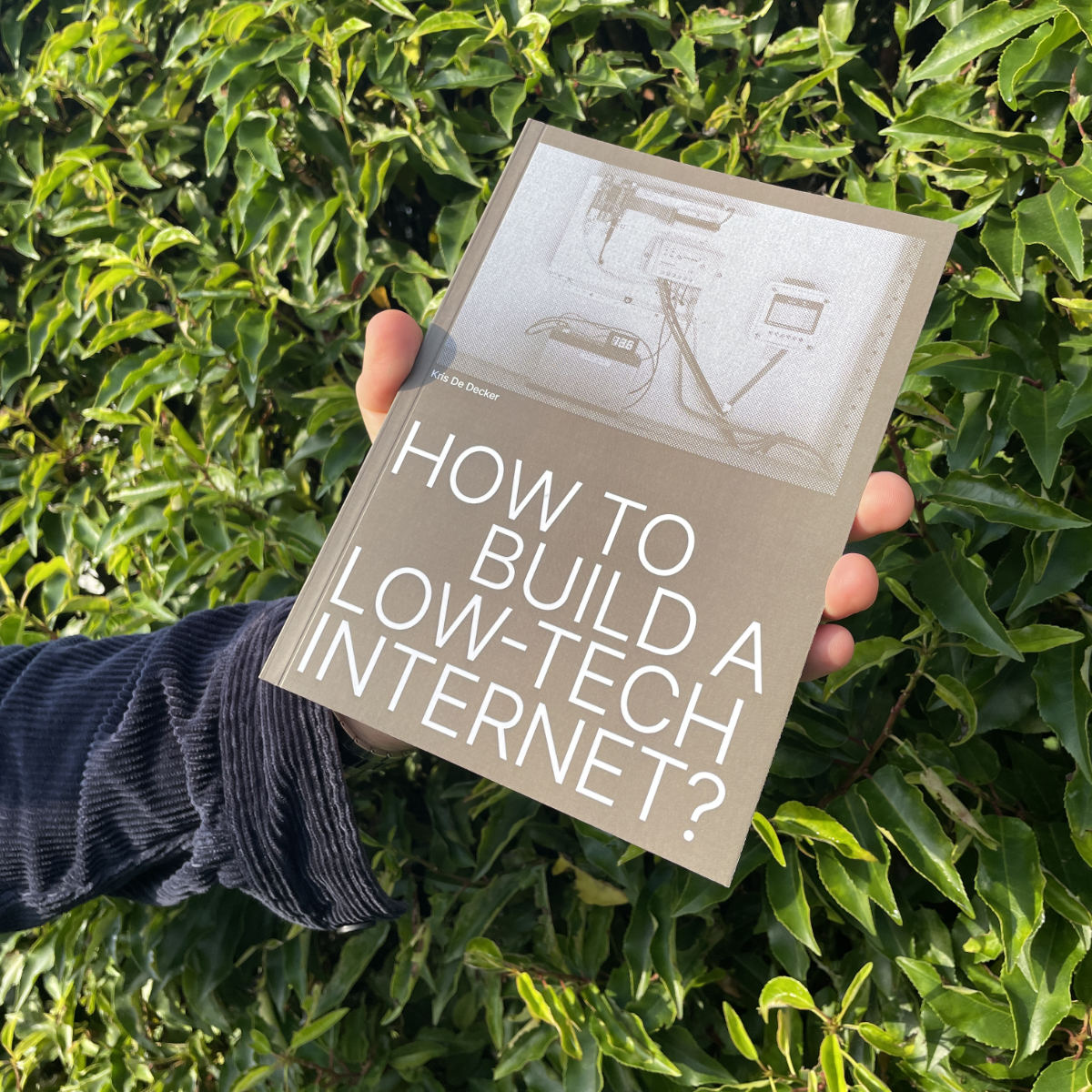
I made another interesting discovery in the archive of the German magazine “Kunstforum International”, which reported on an exhibition entitled “Low Tech” in the Shedhalle Zurich in the year 2000 (link). Here I found a bridge to the fields of art and design.
“Lowtech is the casual answer to the myths of technology and the needs that an industry associated with it wants to create.” […] “Lowtech is […] by no means just a cheap substitute for more expensive technology, but makes practices accessible that are regularly buried in the fixation on the latest and most expensive.” (link, freely translated)
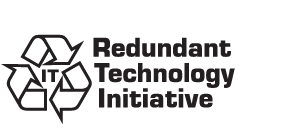
The Sheffield-based artist group “Redundant Technology Initiative”, which was represented with its works in the exhibition, published a “Lowtech Manifesto” in 1999, which is still available online. This document helped answer a few questions for me as a designer.
High tech artworks market new PCs. Even if they aren’t meant to. Artworks that make use of new, expensive technology can’t avoid being, in part, sales demonstrations. Part of the message of an online video stream, whatever its content, is “Hey, isn’t it time for an upgrade?”. (source)
High-tech art and aesthetics therefore (often unintentionally and very successfully) sell the latest technology. Another paragraph:
High technology doesn’t mean high creativity. In fact sometimes the restrictions of a medium lead to the most creative solutions. (source)
The development of low-tech ideas is about working with limited resources and technical limitations, which ultimately amplifies creativity.

This reminds me of the graphic designer Monica Losada. She developed an experimental book project (together with Josu Larrea) in 2021 that dealt with the Tool Horizon (a term coined by Petr van Blokland) of open source design software. Basically, the publication shows a wide range of graphic experiments that were created with freely accessible tools. Sometimes she has also misappropriated software: some of her works, including her submission for the DEMO Festival, were created using Microsoft Excel.
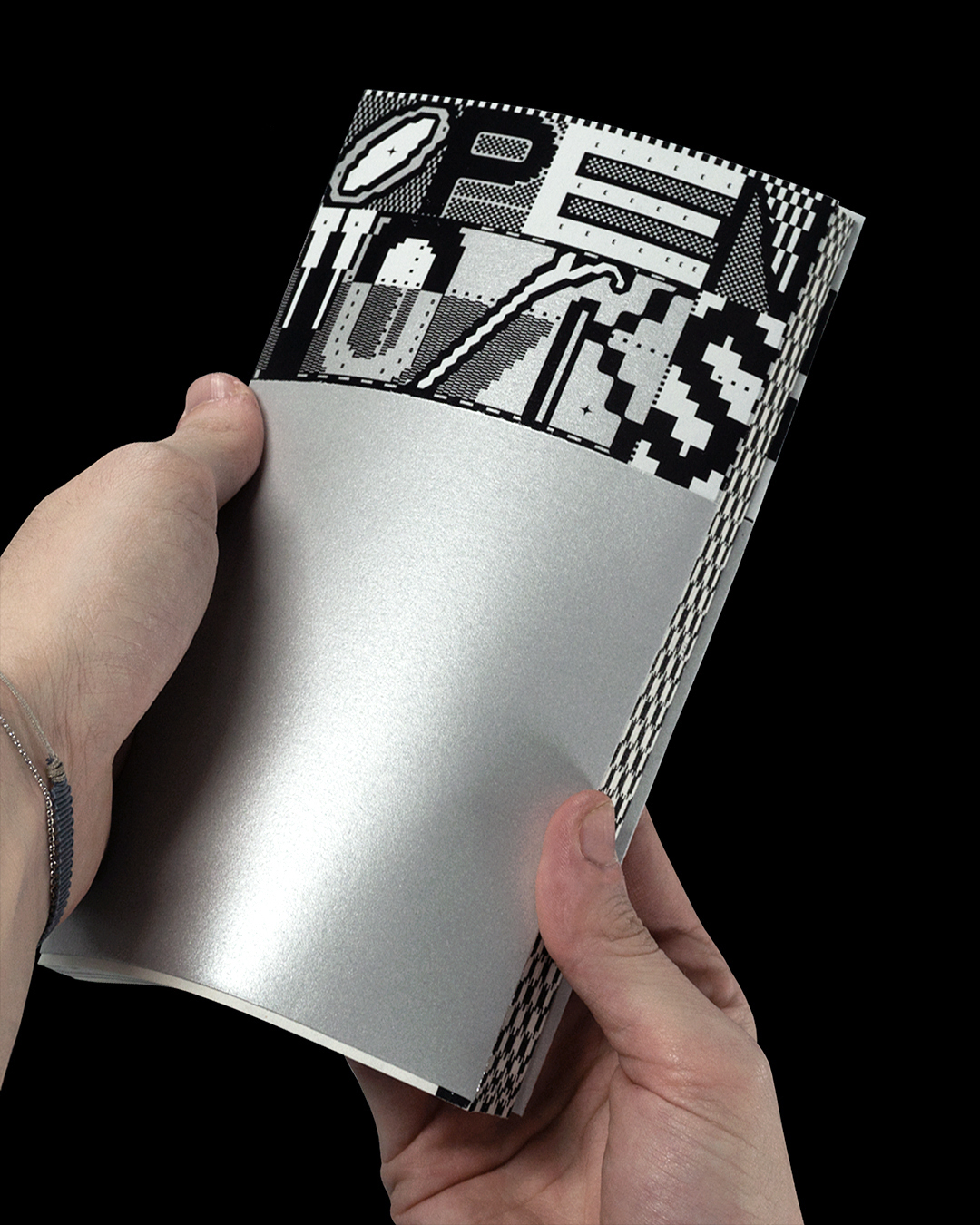
In Monica Losada’s work, something special emerges that I would describe as “authentic low-tech aesthetics”. Monica has chosen the hard way, deliberately used selected, very limiting tools and has thus achieved a result that radiates a strong aura precisely because of this inherent creative gesture. Creating artificial low-tech aesthetics with professional software such as Adobe Creative Cloud is pretty easy. But then it lacks of authenticity. The aura of low tech begins to shine when it is combined with a conscious detour, a workaround.
Origins?
Millipedes have countless feet and yet they are the slowest of all crawling creatures. (Freely adapted from Dio Chrysostom)
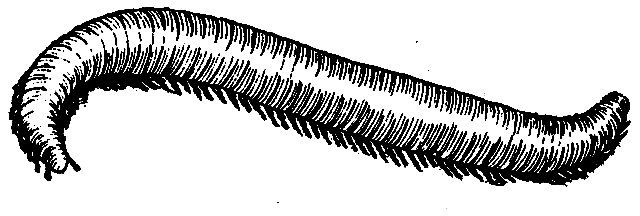
Here I suddenly notice an interesting association that I would like to pursue further. Maybe Low Tech philosophy emerges from a way of thinking that reaches far back into history and that can be found in Socrates (469 BC – 399 BC). This jolly minimalist wandered the squares of Athens and entangled the people of the city in questioning conversations in which he uncovered their basic assumptions. The result of these conversations was usually the realization that they were wrong in their widely held beliefs. Socrates could also be described, somewhat over-simplified, as an origin of skepticism.
Over the following years, decades and centuries, new philosophical branches emerged from this thinking and continued to weave this thread. In the Hellenistic period, the most important schools of thought were strongly inspired by Socratic thinking and were similar in their core beliefs, but each sought and found their own ways to put Socrates’ skepticism into practice in life.
One figure that comes to mind here in connection with low tech is Diogenes of Sinope. He lived frugally in a wooden vessel and consistently rejected any kind of luxury, although as a philosopher and author he could have lived quite differently. There is this striking legend of the warlord Alexander the Great, who approached the ascetic on the street and asked him for a wish that he wanted to fulfill. Diogenes’ answer was simple: “Get out of the sun”.

Nicolas Andre Monsiau
1818, source
Wrapping Up
As is so often the case, it was once again a seemingly insignificant event that triggered a momentous train of thought. The dying laptop led me, via many exciting detours, to the idea of setting up this blog. Now that I think I’ve finished this text, I realize what especially fascinates me about “Low Tech”: It’s the elegant and casual gesture that lies beyond.
Related
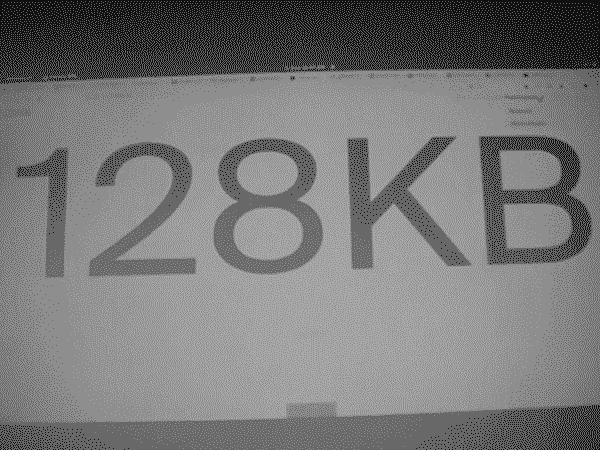 Showreel: 128KB – A Creative Coding Workshop at HEAD Genève
Showreel: 128KB – A Creative Coding Workshop at HEAD Genève
What happens when you confront a talented group of creative minds with a set of technical limitations within which they […]
 My AI Dilemma
My AI Dilemma
Via Patreon on January 2nd 2026: Hey you! I hope you are doing good! In recent months and years, I’ve […]
 Creative Coding on a Raspberry Pi 5?
Creative Coding on a Raspberry Pi 5?
The downgrade mindset led me to another exciting experiment: The Raspberry Pi is a small and cheap computer (around 100 […]
 I don’t use Apple and Adobe anymore
I don’t use Apple and Adobe anymore
Edit: Sarah Schröerlücke This video about my transition from proprietary software and hardware to Open Source software is one of […]
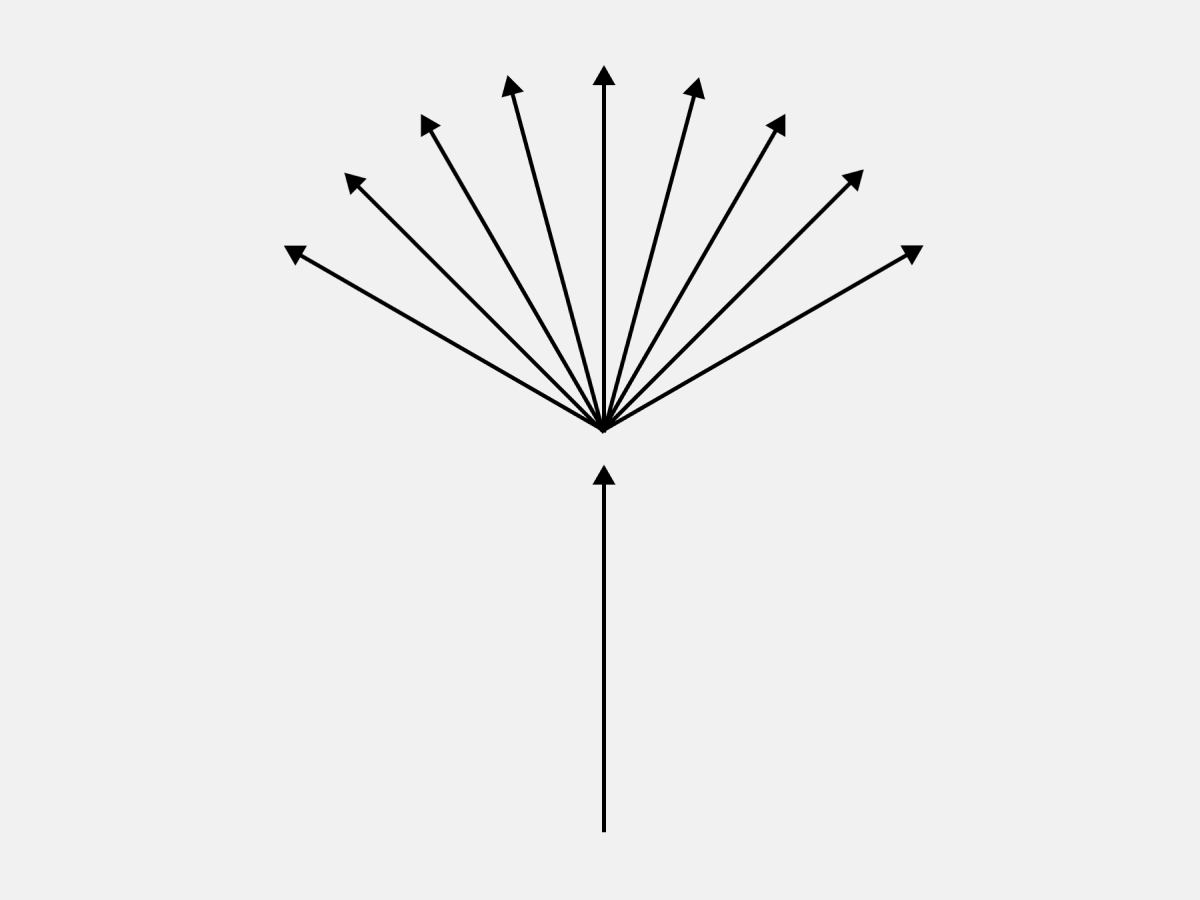 Teaching Creative Coding in Design – a Philosophy
Teaching Creative Coding in Design – a Philosophy
The idea of Design and the profession of the designer has to be transformed from the notion of a specialist […]
 The Story of 128KB
The Story of 128KB
One day in January 2024, I was lethargically scrolling through my Instagram feed on my laptop. And, as so often […]
 A 128KB Export Pipeline
A 128KB Export Pipeline
With some help by CoPilot I have coded a Bash script that you can use to convert your animations for […]
 CodeCrafted
CodeCrafted
When I completed my bachelor’s degree in 2013, coding was considered a marginal topic. There was a dark spirit at […]
